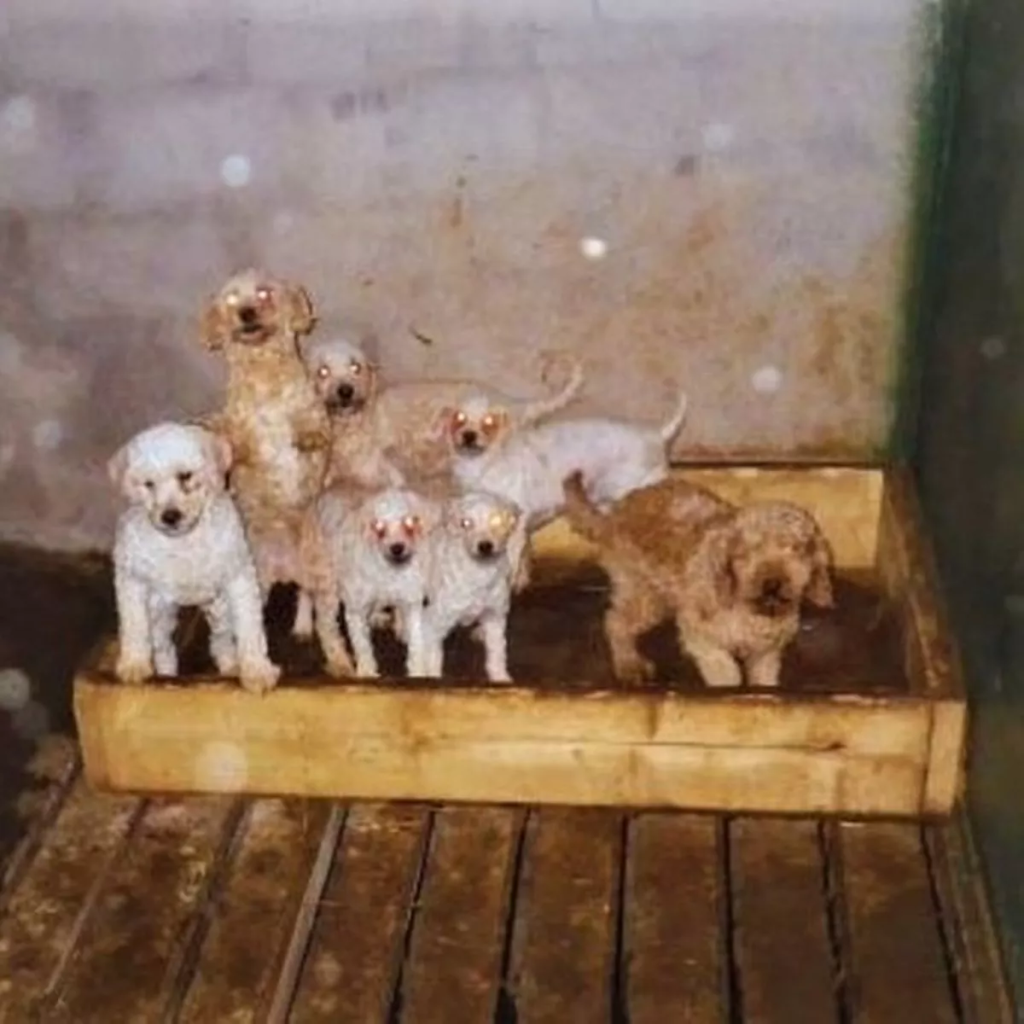Dogs’ brains are sensitive to the familiar high-pitched “cute” voice tone that adult humans, especially women, use to talk to babies, according to a new study.
The research, published recently in the journal Communications Biology, found “exciting similarities” between infant and dog brains during the processing of speech with such a high-pitched tone feature.
Humans tend to speak with a specific speech style characterised by exaggerated prosody, or patterns of stress and intonation in a language, when communicating with individuals having limited language competence.
Such speech has previously been found to be very important for the healthy cognitive, social and language development of children, who are also tuned to such a high-pitched voice.
But researchers, including those from the Eötvös Loránd University in Hungary, hoped to assess whether dog brains are also sensitive to this way of communication.
In the study, conscious family dogs were made to listen to dog, infant and adult-directed speech recorded from 12 women and men in real-life interactions.
As the dogs listened, their brain activities were measured using a functional magnetic resonance imaging (fMRI) scan.
The study found the sound-processing regions of the dogs’ brains responded more to dog- and infant-directed than adult-directed speech.
This marked the first neurological evidence that dog brains are tuned to speech directed specifically at them.
“Studying how dog brains process dog-directed speech is exciting, because it can help us understand how exaggerated prosody contributes to efficient speech processing in a nonhuman species skilled at relying on different speech cues,” explained Anna Gergely, co-first author of the study.
Scientists also found dog- and infant-directed speech sensitivity of dog brains was more pronounced when the speakers were women, and was affected by voice pitch and its variation.
These findings suggest the way we speak to dogs matters, and that their brain is specifically sensitive to the higher-pitched voice tone typical to the female voice.
“Remarkably, the voice tone patterns characterizing women’s dog-directed speech are not typically used in dog-dog communication – our results may thus serve evidence for a neural preference that dogs developed during their domestication,” said Anna Gábor, co-first author of the study.
“Dog brains’ increased sensitivity to dog-directed speech spoken by women specifically may be due to the fact that women more often speak to dogs with exaggerated prosody than men,” Dr Gabor said.

Convicted puppy farmer to face court after allegedly having nearly 100 dogs

A South Australian woman previously convicted of animal cruelty will face court tomorrow after being charged with breaching a court order that limited the number of dogs she was allowed to have.
Kerrie Fitzpatrick, 48, was handed a suspended jail sentence in August after being found guilty of 16 animal cruelty offences for keeping 300 dogs on a breeding farm in horrific conditions.
As part of her sentence, she was given a $500 good behaviour bond for three years, ordered to not have any dogs other than her two pets at the time, and told not to sell any animals.

In October, the RSPCA raided Fitzpatrick’s property in Lewiston, on the far northern outskirts of Adelaide, and seized 86 dogs and puppies that were allegedly in her care.
“Ms Fitzpatrick has been on our radar for some time, and this is an example of RSPCA South Australia performing its duty of care and actively enforcing prohibition orders,” RSPCA South Australia’s Chief Inspector Andrew Baker said in October.

“Ms Fitzpatrick was on the premises yesterday and we will be alleging that she is the sole owner of the property and that the dogs were in her custody, which puts her in breach of her court order.”
Fitzpatrick is due to face the Elizabeth Magistrates Court tomorrow.
Before her sentencing in August, the court heard Fitzpatrick had multiple convictions in Victoria, where she was handed a 10-year ban on working as a breeder before she moved to South Australia to do the same thing.

“If there was anyone who should have been obsessed about not being involved in a dog-selling business, it was you,” Magistrate Karim Soetratma said.



Leave a Reply